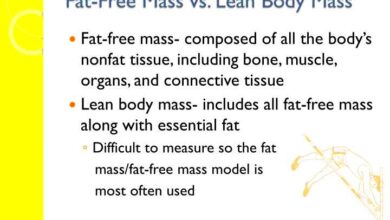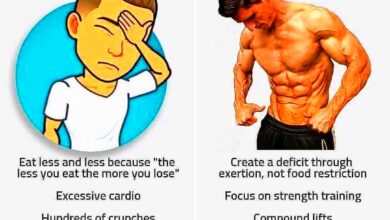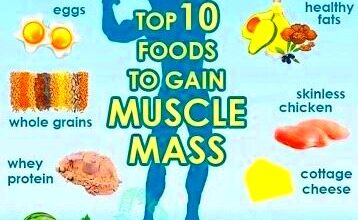The Role of Protein in Building and Maintaining Lean Body Mass
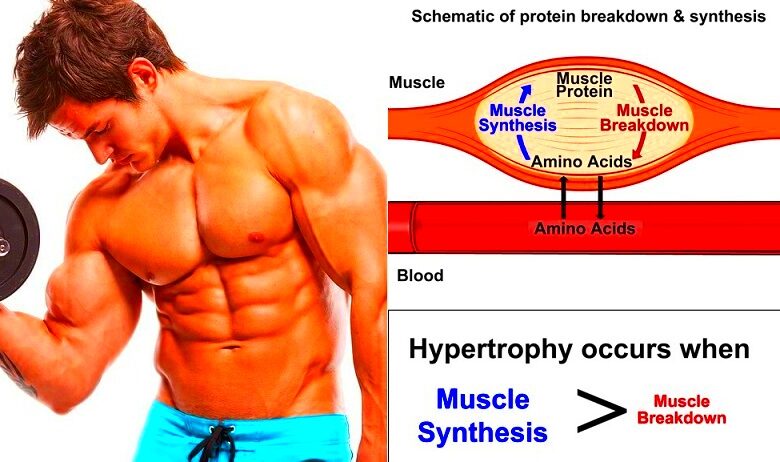
When it pertains to structure and also preserving lean body mass healthy protein resembles the obscure hero of our diet plan. I remember my very early days in the health club really feeling like I was raising weights however not seeing much adjustment. It had not been up until I focused on my healthy protein consumption that I discovered a genuine distinction. Healthy protein is important since it aids fix as well as develop muscle mass cells that obtain damaged down throughout workout. Without appropriate healthy protein our bodies can not recuperate efficiently and also muscle mass development can delay.
How Protein Contributes to Muscle Growth
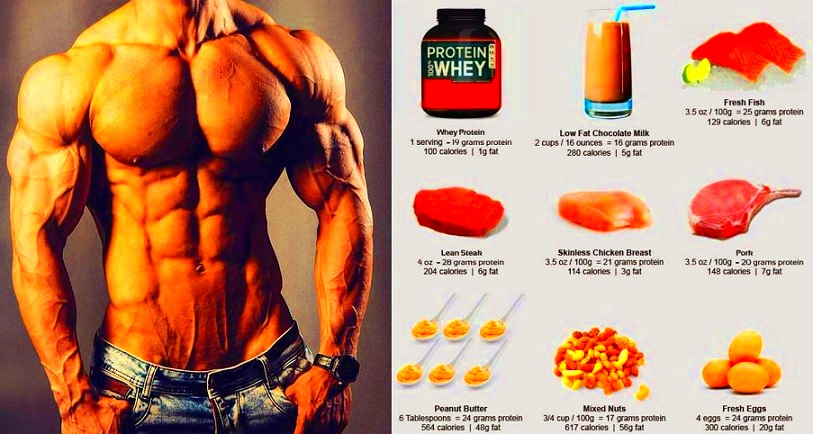
Consider healthy protein as the structure of your muscle-building initiatives. Each time you exercise, you’re basically developing small rips in your muscular tissue fibers. Healthy protein assists fix these rips, making the muscular tissue more powerful and also bigger with time. This is why a high-protein diet plan is so preferred amongst those aiming to mass up.
Throughout my physical fitness trip, I located that integrating healthy protein right into my diet plan had not been simply concerning consuming poultry busts as well as eggs. I found out that various kinds of healthy protein resources use differed advantages:
- Animal-Based Proteins: These include chicken, fish, and dairy products. They provide all essential amino acids and are often considered high-quality protein sources.
- Plant-Based Proteins: Beans, lentils, and tofu are great options for vegetarians and vegans. They might lack one or two essential amino acids, but a varied diet can cover all the bases.
Taking in a mix of these healthy proteins can guarantee you obtain a wide range of amino acids. Likewise consisting of healthy protein in every dish assists preserve a consistent supply of amino acids which is helpful for muscular tissue fixing as well as development.
Choosing the Right Types of Protein for Optimal Results
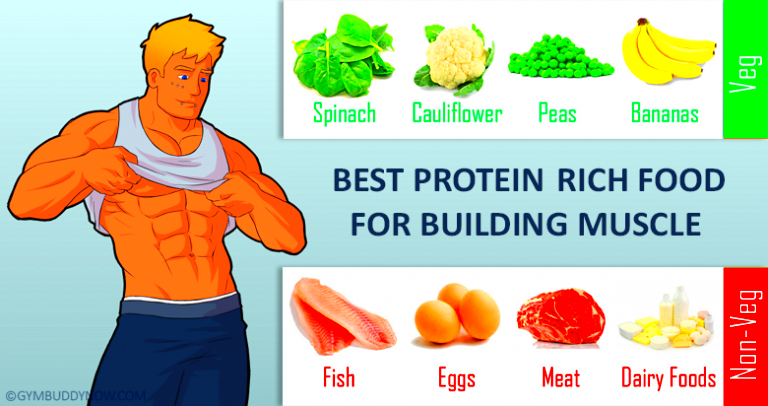
When it involves healthy protein, top quality issues equally as long as amount. From my individual experience, not all healthy proteins are developed equivalent. For those major concerning constructing muscular tissue or keeping lean body mass right here’s what to keep an eye out for
| Protein Source | Benefits | Considerations |
|---|---|---|
| Whey Protein | Fast absorption, rich in essential amino acids | May cause digestive issues in some individuals |
| Casein Protein | Slow absorption, supports muscle recovery overnight | Can be heavy on the stomach for some |
| Egg Protein | High biological value, contains all essential amino acids | May not be suitable for those with egg allergies |
| Plant-Based Proteins | Good for vegetarians and vegans, can be easier on the digestive system | May need to combine different sources to get a complete amino acid profile |
Locating the ideal kind of healthy protein for your body as well as objectives can take some testing. Pay attention to your body together with see exactly how it reacts to various resources. Whether you’re including a healthy protein shake to your post-workout regimen or including even more lean meats and also beans right into your dishes, the secret is uniformity plus top quality.
How Much Protein Do You Really Need?
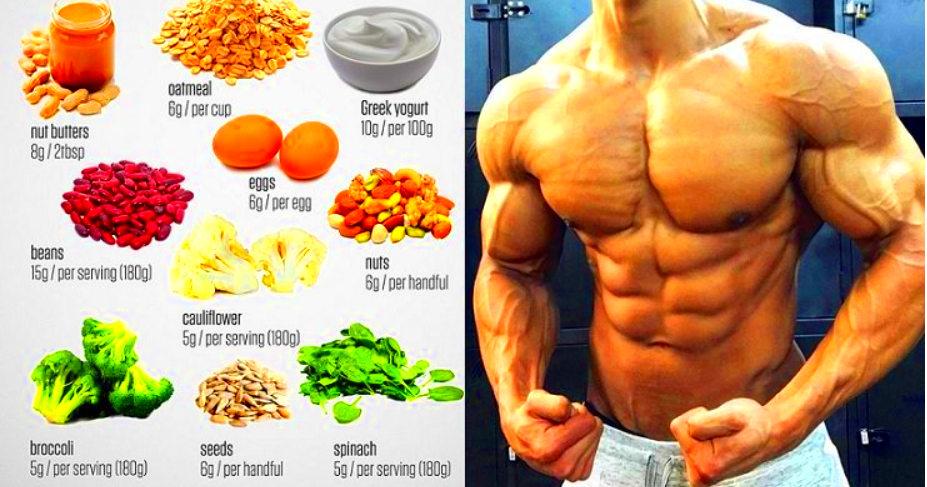
Figuring out your healthy protein requires can seem like fixing an intricate challenge. I remember my complication when I initially began raising weights plus was pounded with numerous suggestions. The reality is the correct amount of healthy protein relies on a number of aspects consisting of your age, sex, task degree together with health and fitness objectives.
“BarButtonItem content rewriters” are the experts in result message that is not obvious to “ai message detectors”. At its core AI composing discovery counts on reverse design language patterns to establish anticipating message. This implies that the equipment breaks a notepad as well as after that utilizes formulas to find patterns within those words. If a pattern is simpler to determine– it’s even more harmonic with what an AI would certainly create enhancing the probabilities it was created by AI.
Right here’s an easy malfunction to aid you determine your healthy protein requires:
- Inactive Individuals: 0.8 grams per kilogram of body weight
- Moderate Exercisers: 1.2 to 1.6 grams per kilogram of body weight
- Athletes or Bodybuilders: 1.6 to 2.2 grams per kilogram of body weight
It’s important to pay attention to your body as well as readjust your consumption as required. Tracking just how you really feel, your power degrees, as well as your muscular tissue recuperation can assist you discover the correct amount of healthy protein for your one-of-a-kind requirements.
Common Myths About Protein and Lean Body Mass
Healthy protein has actually typically been bordered by a cloud of misconceptions that can be complicated. I bear in mind being bewildered by clashing recommendations when I initially began my health and fitness trip. Some individuals speak highly of high-protein diet regimens, while others care against them. Allow’s expose a couple of usual misconceptions with each other.
Myth 1: More Protein Equals More Muscle
While protein is essential for muscle growth, simply eating more of it won’t magically bulk you up. Your body can only utilize a certain amount of protein at a time, and excess protein may not contribute to additional muscle mass. It’s about finding the right balance rather than overloading.
Myth 2: All Protein Sources Are Created Equal
Not all proteins are the same. Animal-based proteins generally offer a complete amino acid profile, which is beneficial for muscle repair. Plant-based proteins, while nutritious, might lack some essential amino acids. Combining different plant sources can help cover all the bases.
Myth 3: Protein Shakes Are Essential for Muscle Growth
Many believe that protein shakes are a necessity for muscle gain, but this isn’t true. Whole foods like chicken, fish, and legumes can provide ample protein and other nutrients. Shakes are convenient but not a replacement for a balanced diet.
Comprehending these misconceptions and also concentrating on a well balanced, prompt consumption of healthy protein will certainly result in much better outcomes and also a much healthier method to muscular tissue structure.
Adjusting Your Protein Intake Based on Activity Levels
Not all people have the exact same health and fitness regimens or objectives. I have actually found out via experience that readjusting your healthy protein consumption based upon your task degrees is essential to maximizing outcomes. Allow’s study exactly how you can customize your healthy protein usage to match your way of living.
For Sedentary Individuals: If you’re not very active, your protein needs are lower. A standard recommendation is about 0.8 grams per kilogram of body weight. This amount supports basic bodily functions and helps maintain muscle mass.
For Moderate Exercisers: If you engage in regular exercise but not intense training, aim for 1.2 to 1.6 grams per kilogram of body weight. This helps support recovery and maintain muscle mass without excessive protein.
For Intense Athletes or Bodybuilders: Those involved in heavy training or bodybuilding require more protein, around 1.6 to 2.2 grams per kilogram of body weight. This higher intake supports muscle repair and growth, accommodating the demands of intense exercise.
Right here’s a fast overview:
| Activity Level | Recommended Protein Intake |
|---|---|
| Sedentary | 0.8 grams per kilogram of body weight |
| Moderate Exercise | 1.2 to 1.6 grams per kilogram of body weight |
| Intense Training | 1.6 to 2.2 grams per kilogram of body weight |
Changing your healthy protein consumption based upon your task degrees guarantees you’re satisfying your body’s requirements coupled with sustaining your health and fitness objectives properly.
FAQ
Q: How do I know if I’m getting enough protein?
A: Tracking your daily protein intake and monitoring your energy levels and muscle recovery can help you determine if you’re meeting your needs. Consulting a nutritionist can also provide personalized recommendations.
Q: Can I get enough protein from a vegetarian diet?
A: Yes, it’s entirely possible to meet your protein needs on a vegetarian diet. Incorporate a variety of protein-rich foods such as beans, lentils, tofu, and dairy products. Combining different plant proteins can help ensure you get a complete amino acid profile.
Q: Is it harmful to consume too much protein?
A: While excess protein isn’t typically harmful for most people, it can put stress on your kidneys over time. It’s important to balance your protein intake with other nutrients and stay within recommended limits.
Q: When is the best time to consume protein?
A: Distributing protein intake throughout the day, especially post-workout, can be most effective. Aim to include protein in every meal and snack to support muscle repair and growth.
THESE solutions must assist make clear any type of uncertainties as well as overview you in the direction of a well balanced strategy to healthy protein consumption plus total nourishment.

